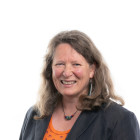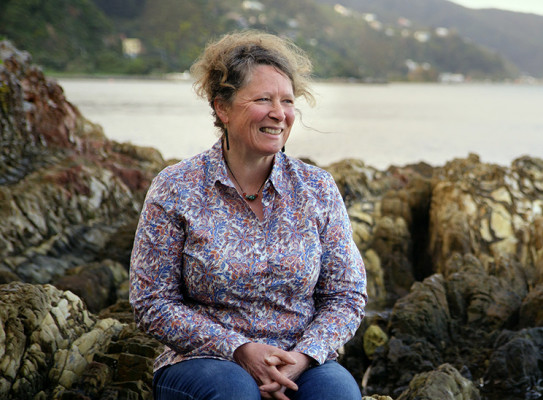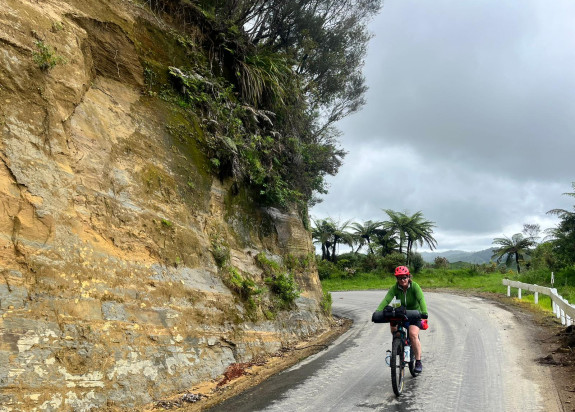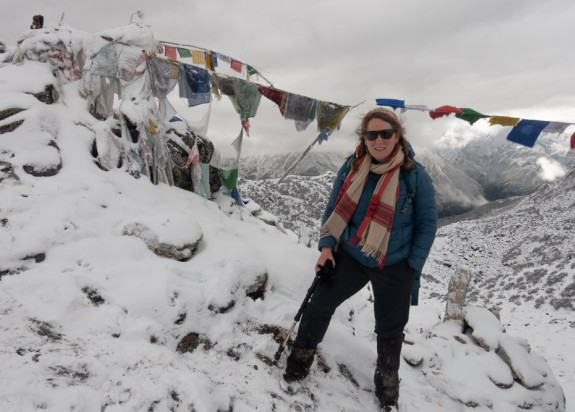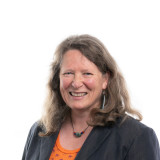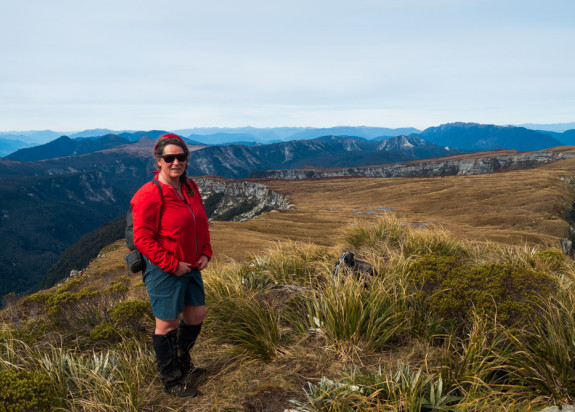Invited to the boys’ club
After my post-doctorate, Peter was looking to return to the United States, and we both ended up applying to the same job at University of Maine! We both interviewed for the role, and he got the job, but quickly found me a place to work there in a researcher position. I really enjoyed working at the University for four and half years, and took a year and a half long sabbatical at Bates College. It was there I found myself in front of a classroom teaching students. I wasn’t wholly in my element lecturing, but I worked hard, and I’ll never forget running into a former student at a conference who excitedly told me I taught her first ever geology class.
Unfortunately, during this time at the University of Maine, I also encountered some old-fashioned misogynistic behaviour. I am thankful I was surrounded by good men and women who advocated for my voice. The funny thing is during work day hours I felt like a valued member of the team, but it was clear that some of my colleagues wouldn’t welcome me in the same way socially.
I was invited to the whiskey drinking club, and while I was never told directly, a few would say that just my presence would mean they’d have to curtail what they say. Good, but I wasn’t having fun, and I didn’t want to feel I’d have to prove myself worthy to be in their club just because I’m a woman.
The feeling of discomfort grew with the political unrest of the Iraq war. I needed to do something and so I attended an anti-war protest in New York, although I knew I could be risking my visa (I did give my friend very strict instructions that we were to stay out of all trouble). However ultimately, I also knew I wanted to come home.
